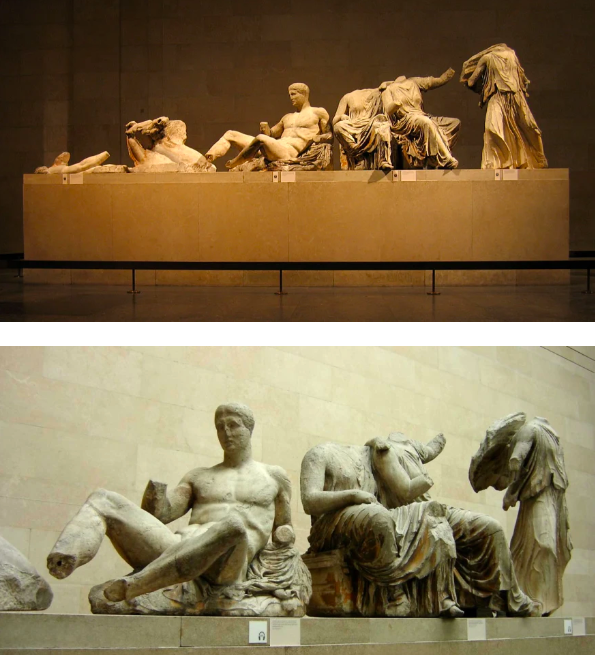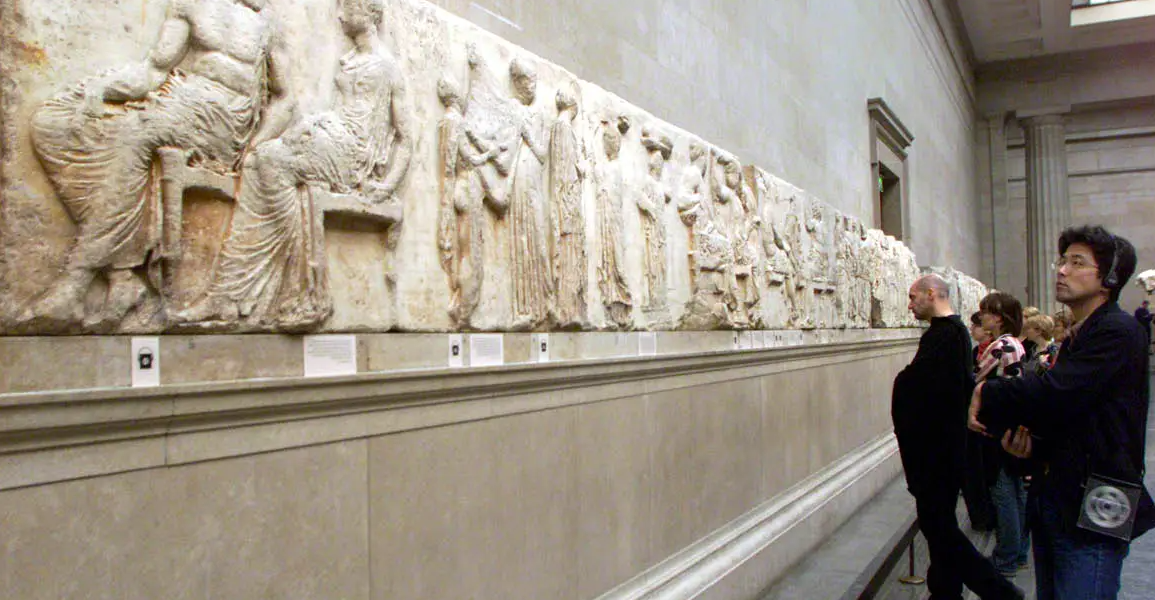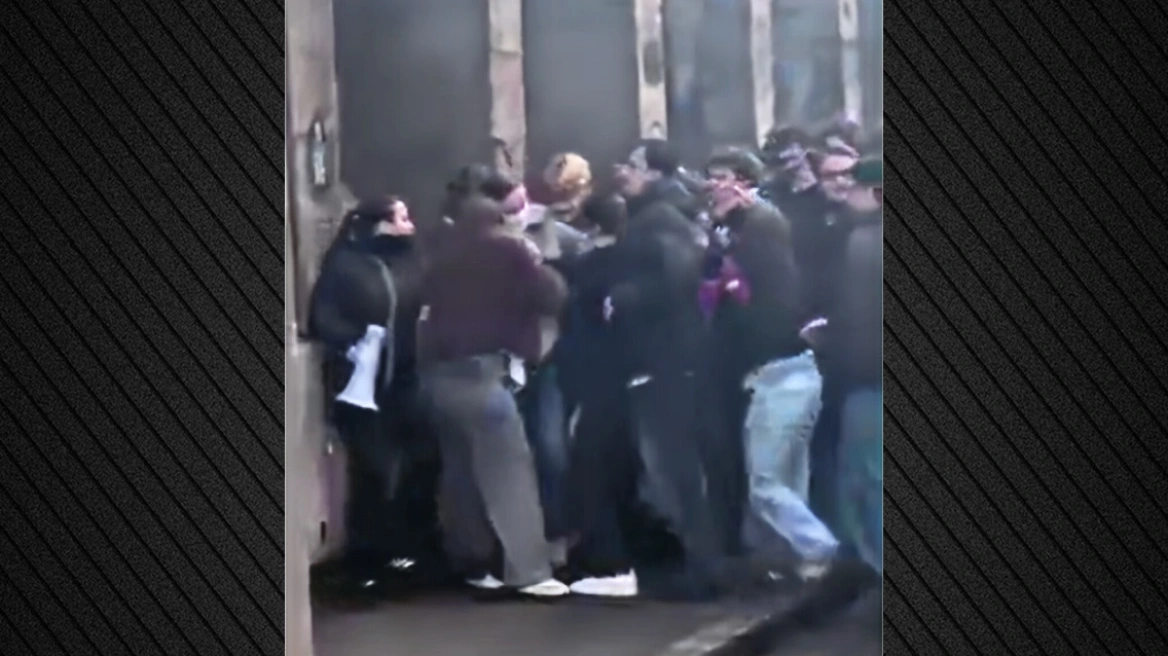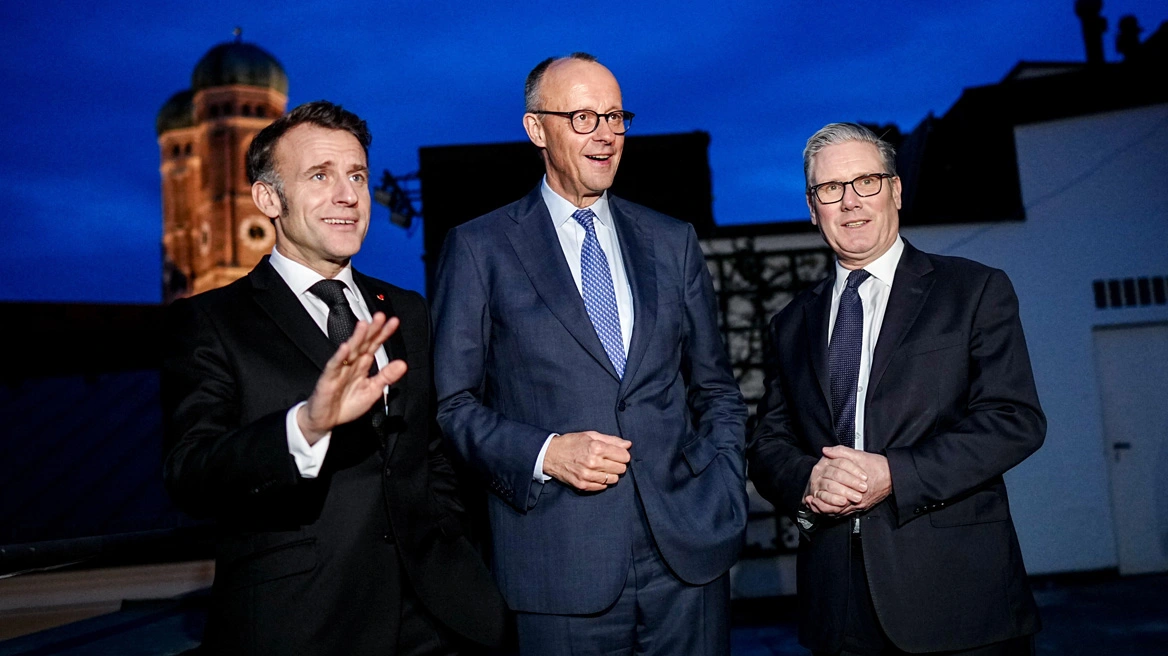Agreement Expected Soon
The Greek and British sides appear to be on the verge of reaching an agreement on the return of the Parthenon Sculptures, according to a series of reports, including an analysis by The Economist, which foresees a resolution by 2025.

“The British Museum and the government seem ready,” notes the reputable British magazine, detailing the legal and political obstacles that need to be addressed. The article commends Greek diplomacy and the willingness of the British Museum’s new director to support the global trend of cultural restitution.
The article argues that the decision to return the Parthenon Sculptures is already made, with only the details of a legal framework remaining. This issue is expected to dominate the upcoming meeting between Greek Prime Minister Kyriakos Mitsotakis and British Prime Minister Sir Keir Starmer in early December at Downing Street.

What Has Changed in Negotiations
A shift in attitude has emerged, facilitated by the new British government and the British Museum’s revised stance. Nicholas Cullinan, the museum’s new director, has strongly advocated for cultural restitution and has persuaded the museum trustees to align with his vision. Cullinan’s leadership, supported by the UK’s Culture Secretary Lisa Nandy, is pivotal in moving the discussions forward.
Cullinan has publicly criticized outdated laws preventing the British Museum from repatriating artifacts and highlighted how other major museums have embraced similar practices. By adopting a policy of exchange and collaboration, the British Museum could improve its tarnished reputation following recent scandals.
The Role of Legal Solutions
The key lies in replacing the term “loan” with “deposit,” as exemplified by the Vatican Museum’s return of the Fagan Fragment, a piece of the Parthenon frieze. This legal workaround bypasses ownership disputes while allowing both parties to maintain their positions. The Vatican’s gesture of goodwill could serve as a model for broader agreements.
Diplomatic successes, such as the return of another Parthenon fragment from Sicily, strengthen Greece’s claim and set a precedent for resolving ownership issues. The Greek government remains firm on full ownership while showing openness to negotiations.

The Final Outcome
The Economist highlights the global momentum for cultural restitution, urging museums to adopt policies that prioritize justice and heritage preservation. If Greece and the UK reach an agreement, the return of the Parthenon Sculptures could become a historic achievement, reinforcing the principles of cultural cooperation.
The sculptures, including Phidias’ masterful depictions of Athenian life during the Panathenaic procession, could return to their original home under the Acropolis. There, they would be displayed as integral elements of Athens’ cultural and historical legacy.

Ask me anything
Explore related questions





